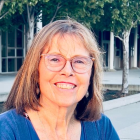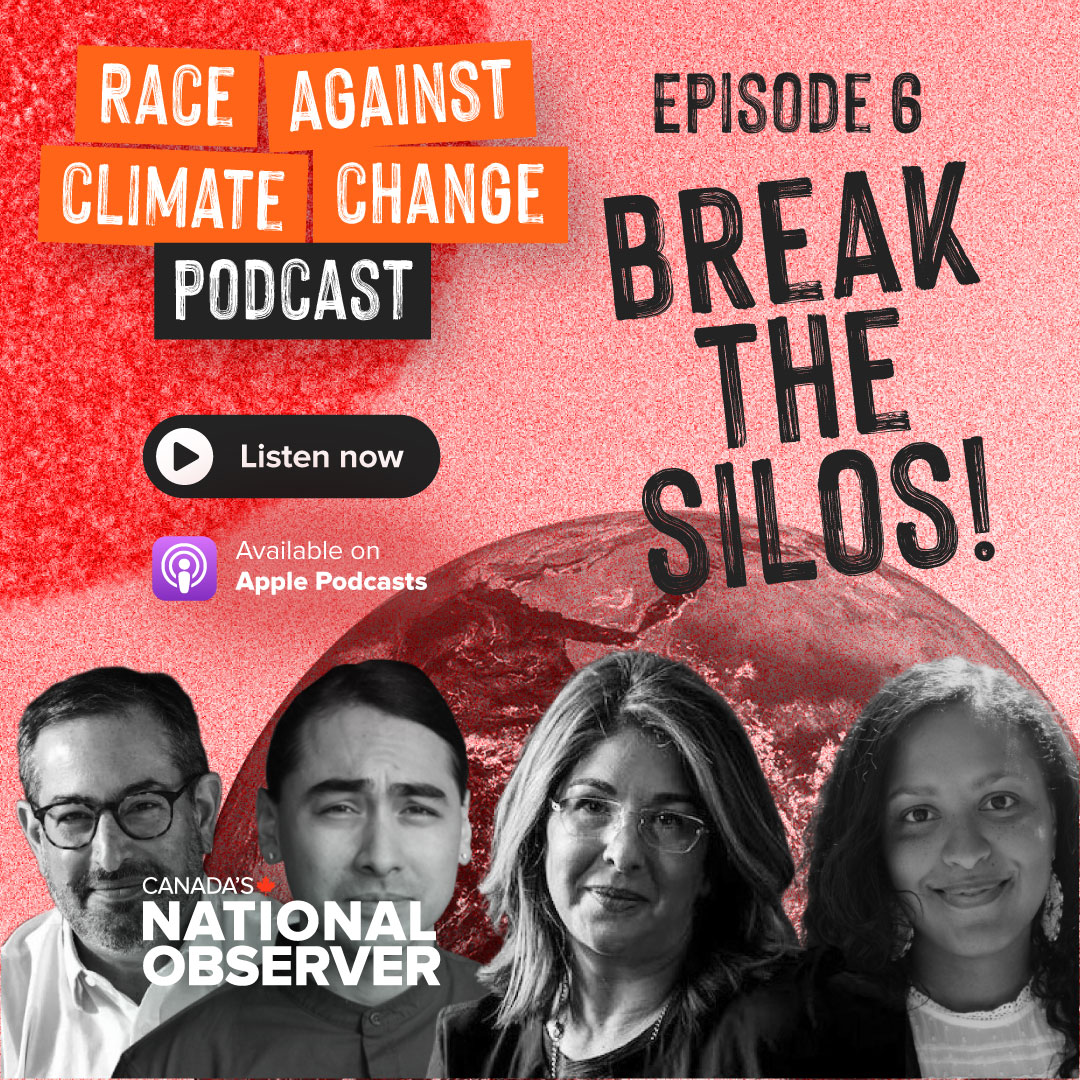Support strong Canadian climate journalism for 2025
Alison Gu knows politicians must make decisions now to save humanity. So at 24 years old, she became one.
Gu won a seat on Burnaby city council in a fall byelection by a large margin campaigning for climate, housing and transit justice. She is already making lives better.
This piece is part of a series of 57 profiles highlighting young people across the country who are addressing the climate crisis. These extraordinary humans give me hope. I write these stories to pay it forward.
Tell us why you ran for Burnaby council.
There is a tendency to assume the higher up one goes in government or industry, the more influence you have. I have supported provincial and federal politicians and that work is really important. But the complexities at those levels, plus a tendency to work in silos, can frustrate change. Municipal bureaucracies can be more nimble once decision-makers see they have the public’s support. Cumulatively, municipal governments are responsible for up to 40 per cent of Canada’s emissions. We can use regulatory tools over buildings, public transportation, parks, emergency response, water quality, housing and local economic development as levers to a safe and healthy future.

You have only been in office for a few months. Have you had any impact?
I think so. I brought a motion to my very first council meeting that all of Burnaby’s climate change decisions include an equity lens, support reconciliation and be nature-based wherever possible. It passed at my second meeting. I also persuaded my colleagues to ask staff to tell us how they will apply an equity perspective to planning and building department fees. Working cooperatively with others has given Burnaby improved lighting at transit stops, traffic-calming for cyclists, and pedestrian safety. I am also proud that because of a series of conversations I had with TransLink (Metro Vancouver’s public transit company), additional improvements important to Burnaby residents will be prioritized.
I am committed to supporting measures like more tree and native species planting, rain gardens and surface permeability. These all have multiple benefits, including increasing cooling shade during intense heat, flood prevention, and carbon sequestration. I’ve pushed to ensure when possible, these improvements benefit lower-income areas that need them the most, even if it might require a little more support from the city to water and care for the plantings. My goal is to make lives better for Burnaby residents while also mitigating or adapting to climate change. I am also looking forward to using existing levers like zoning to make housing more affordable, and so much more. It is very exciting.

What drew you to this path?
I remember a conversation with my grandmother when I was about six. I told her I wanted to be prime minister. She responded calmly by asking me what that would allow me to do. I knew she took the bus and sometimes had long waits in the rain. I told her I would have more buses. My orientation has always been about making life better for people, so I studied kinesiology at university. But after I took a course on climate, I realized that all the healing power of health care would not matter unless we deal with that crisis.
Then I was in a car crash and suffered from recurrent concussions. I was very isolated as I struggled to rest my brain and keep my scholarship, which required very high academic performance. My identity had been based on my accomplishments and it began to fade as I was able to do less. I felt close to death. To survive, I learned to focus on my values and what was most important to me. I realized I have a strong sense of justice and I value community. If I was to thrive, I had to defend those values. I spent three months cycling from Ottawa to Burnaby to draw attention to the negative impacts the Trans Mountain pipeline expansion will have on my hometown and raise money for Indigenous people defending their land against the project. I ran for council to make people’s lives better and to defend my community against climate change.

What are the roots of your values?
My grandmother was always so grateful to live in Canada. She felt her life was more than 10 years longer and much better for being able to leave China. She taught me to use my life to pay her good fortune and mine forward to help other people to have longer, better lives, no matter where they lived.

Do you have advice for other young people?
Think about what makes you upset or angry and channel that into developing skills to make things better. The climate justice challenge needs you regardless of your area of interest.
What would you like to say to older people?
Avoid the tendency to see young people as inspiring for being selfless. We are motivated by our desire for survival and well-being. Use your power, influence and resources to lift up the young people in your life and to drown out the doomsayers.






Comments